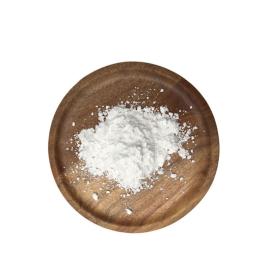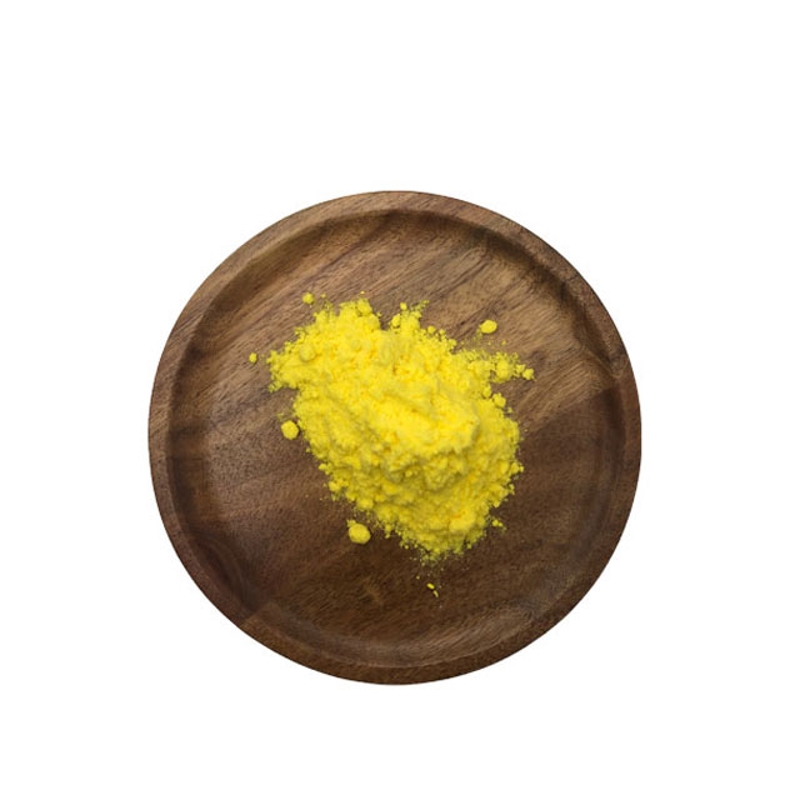-
Categories
-
Pharmaceutical Intermediates
-
Active Pharmaceutical Ingredients
-
Food Additives
- Industrial Coatings
- Agrochemicals
- Dyes and Pigments
- Surfactant
- Flavors and Fragrances
- Chemical Reagents
- Catalyst and Auxiliary
- Natural Products
- Inorganic Chemistry
-
Organic Chemistry
-
Biochemical Engineering
- Analytical Chemistry
- Cosmetic Ingredient
-
Pharmaceutical Intermediates
Promotion
ECHEMI Mall
Wholesale
Weekly Price
Exhibition
News
-
Trade Service
Among women, breast cancer is the most commonly diagnosed cancer and one of the main causes of cancer-related deaths.
in addition to the genetic susceptivity caused by high-risk mutations in breast cancer susceptible genes, breast cancer also has a highly multigene genetic pattern.
, large-scale genetic screening has identified more than 100 mutations associated with breast cancer risk.
These and many other as-yet-undetected variants represent common genetic variants that work through a wide range of molecular path pathtons, while rare, high-risk pathogenic mutations in high-risk breast cancer susceptible genes tend to disrupt specific path paths such as maintaining the integrity of the DNA repair process.
previous studies have shown that a multigene risk score (PRS) for breast cancer has the potential to improve risk prediction in patients, but information about its effectiveness in a variety of clinical situations remains limited.
geographical differences in genetic risk In this study, the researchers aimed to comprehensively assess the effects of genetic variation in the lineal system on breast cancer risk.
using data from FinnGen's study, the researchers analyzed the risk of breast cancer in two high-impact coding mutants with PRS scores from 8,401 of the 122,978 women collected.
researchers found that patients with elevated PRS had an increased risk of lateral breast cancer after being diagnosed with breast cancer, and that PRS significantly improved risk assessment for female first-class relatives.
more detailed studies show that women with PALB2 c.1592 delT mutants (242 times rich in Finland, 336 carriers) and women with average PRS (10-90% percentile) have a lifetime risk of breast cancer 5%, while the risk of a HIGH PRS score rose to 84% (71-97%), and the risk of a low PRS score (10 percentiles) dropped to 49 percent (30-68 percent).
palB2 and CHEK2 mutation carriers had the same multigene risk assessment, carrying CHEK2 c.1100delC mutations (3.7 times rich, 1648 carriers) at 29% (27-32%), 59% (52-66%) and 9% (5-14%) respectively.
same time, PRS improved risk assessments for women with first-degree relatives with breast cancer who were diagnosed with breast cancer, especially those with a family history of positive early-onc breast cancer.
, the results assessed the genetic risk of breast cancer in the general population, breast cancer patients and unaffected family members in a comprehensive manner.
。







